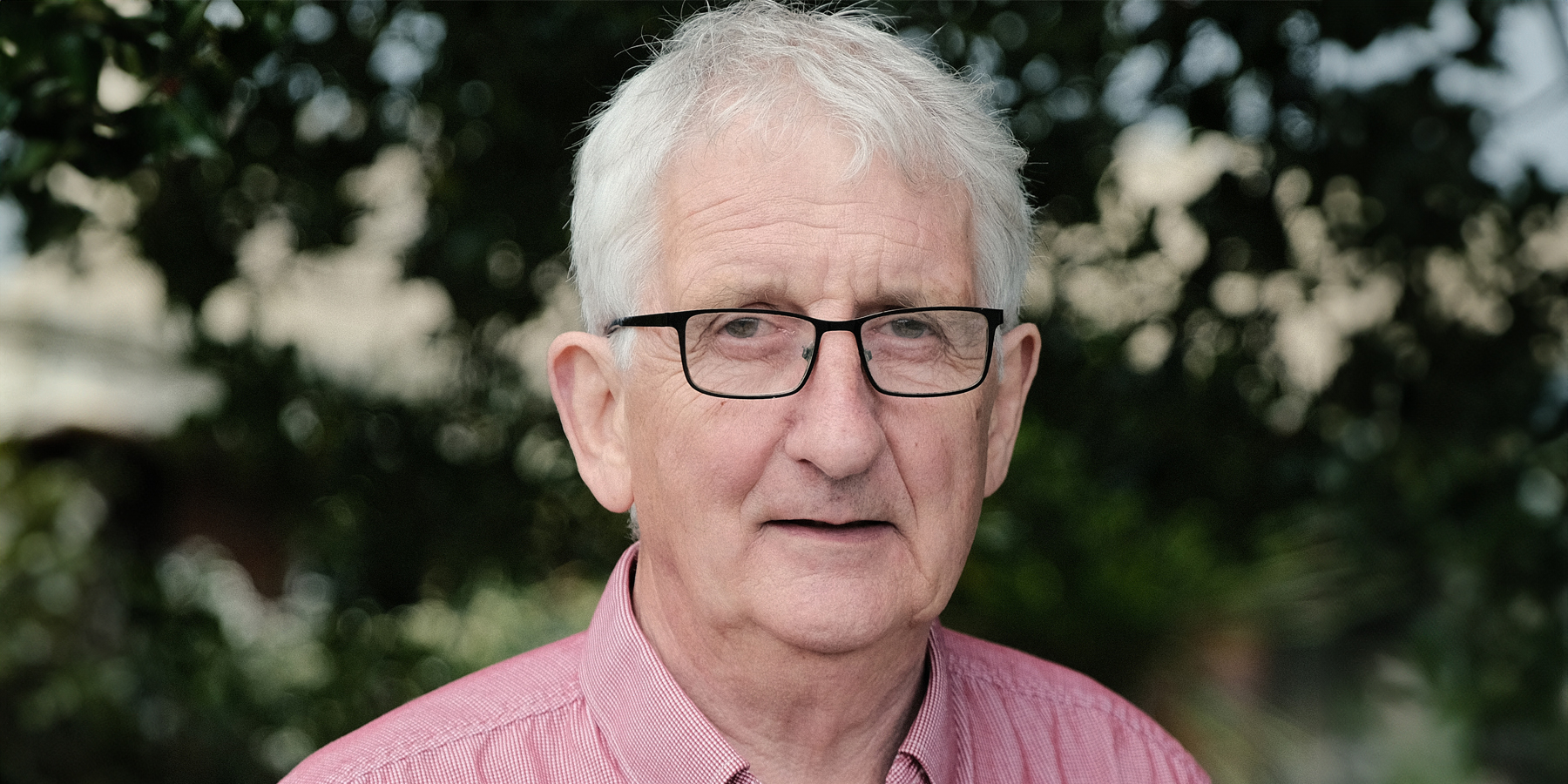Dr. Steve Davis’s distinguished research career has spanned 48 years and contributed greatly to the quality of New Zealand’s dairy herd and its production.
Currently Senior Researcher at LIC, Dr Davis gained his PhD in “Amino acid metabolism in the mammary gland” from Nottingham University in 1975. Dr Davis has since published over 120 scientific papers, 145 conference proceedings, five book chapters and over ten patents. His outstanding contribution to animal production makes him a worthy recipient of the Kudos Lifetime Award.
Dr. Steve Davis
No ordinary milkman
Kudos Science Trust Lifetime Achievement Award – Winner
Dr. Steve Davis’s distinguished research career has spanned 48 years and contributed greatly to the quality of New Zealand’s dairy herd and its production.
Currently Senior Researcher at LIC, Dr Davis gained his PhD in “Amino acid metabolism in the mammary gland” from Nottingham University in 1975. After Postdoctoral fellowships at Lincoln and Nottingham, he was employed at MAF Ruakura where he developed methods for assessing udder growth in ruminants. From the mid-1980s his focused switched to the impacts of once-a-day milking on production. Once-a-day milking is unique to New Zealand and has grown in popularity but results in less milk. Dr Davis has explored this problem from many angles including udder anatomy, the mechanism and influence of growth hormone and the role of insulin-like factors. While the actual cause of production loss remains a mystery, Dr Davis’s research has yielded mathematical models which can predict how much loss to expect. Milk composition has been another area of achievement, including research into control of milk lactoferrin (which has immunity boosting properties) and locating genetic variants that influence milk fat colour or casein micelle size (important for turning milk into yoghurt or cheese). He was also heavily involved in the investigation of the low-saturated fat cow, ‘Marge’, which discovered the gene variation responsible the trait and also revealed that calves were non-viable when homozygous for the variant.
Most recently, Dr Davis’s work at LIC has been pivotal in the discovery of genetic variations that affect heat sensitivity and heat tolerance in cattle. The heat tolerance variation has enabled LIC to breed cattle for tropical environments.
Dr Davis has published over 120 scientific papers, 145 conference proceedings, five book chapters and over ten patents. His outstanding contribution to animal production makes him a worthy recipient of the Kudos Lifetime Award.





